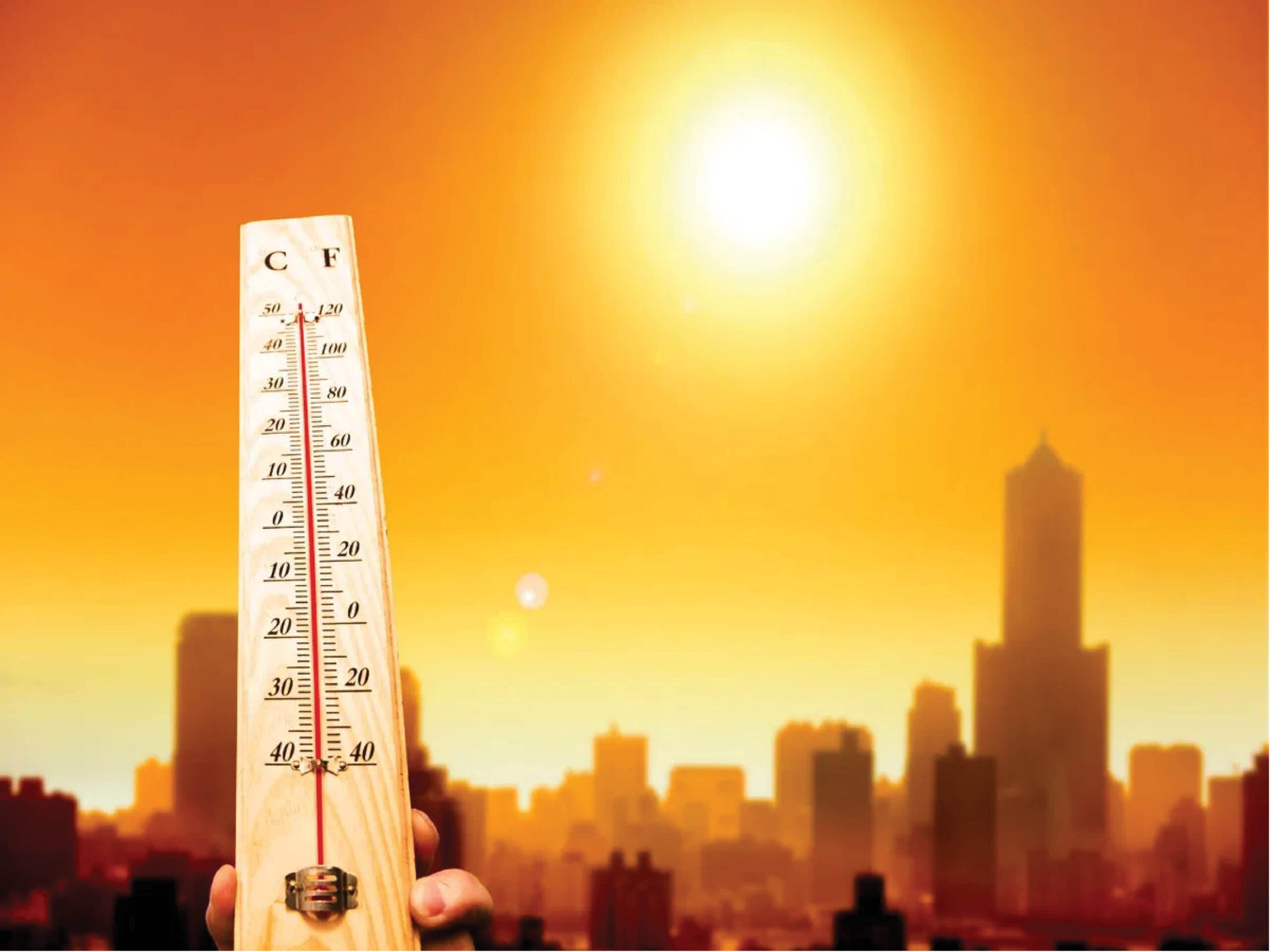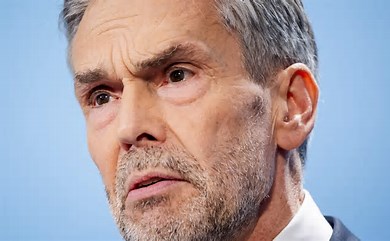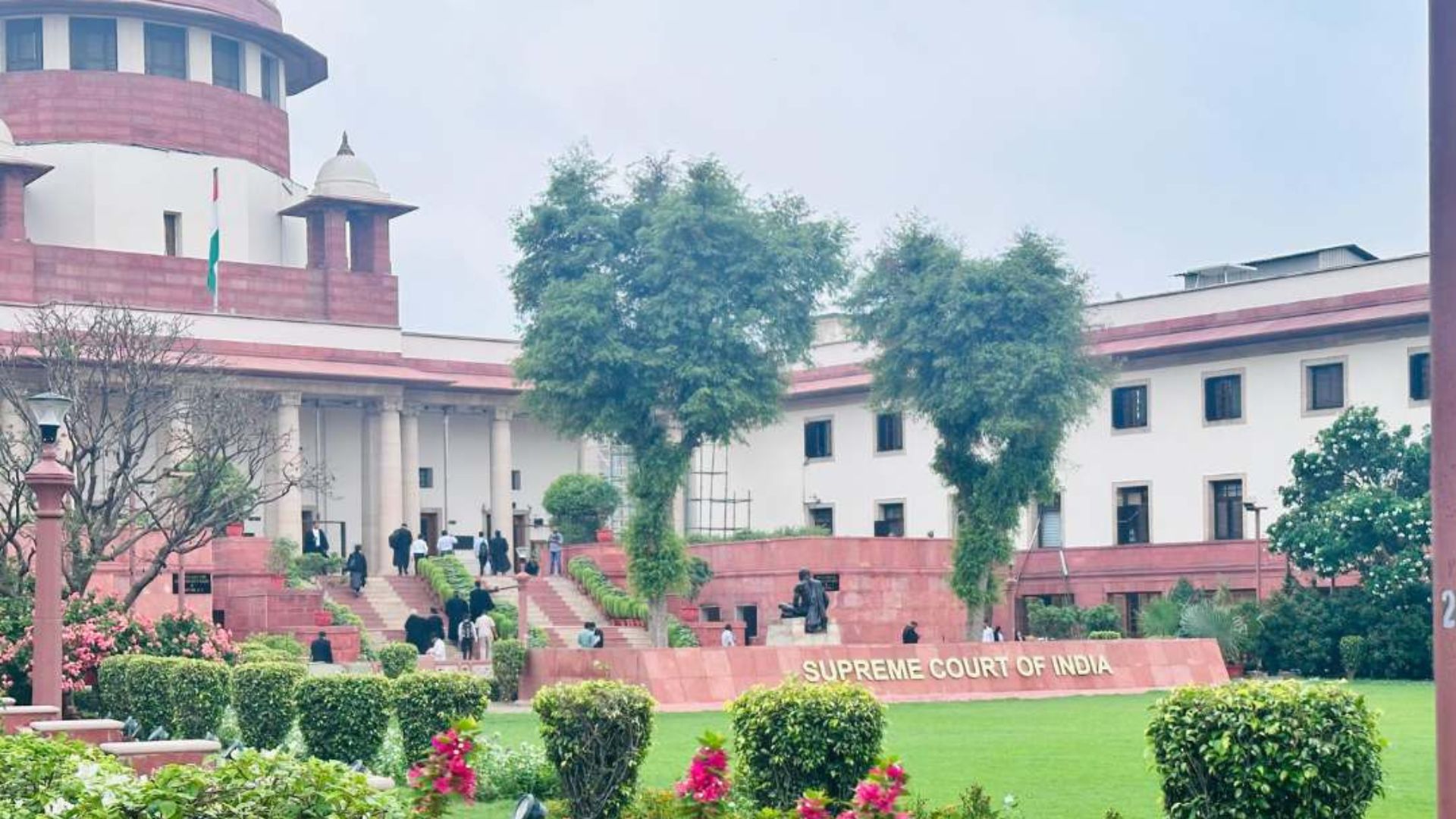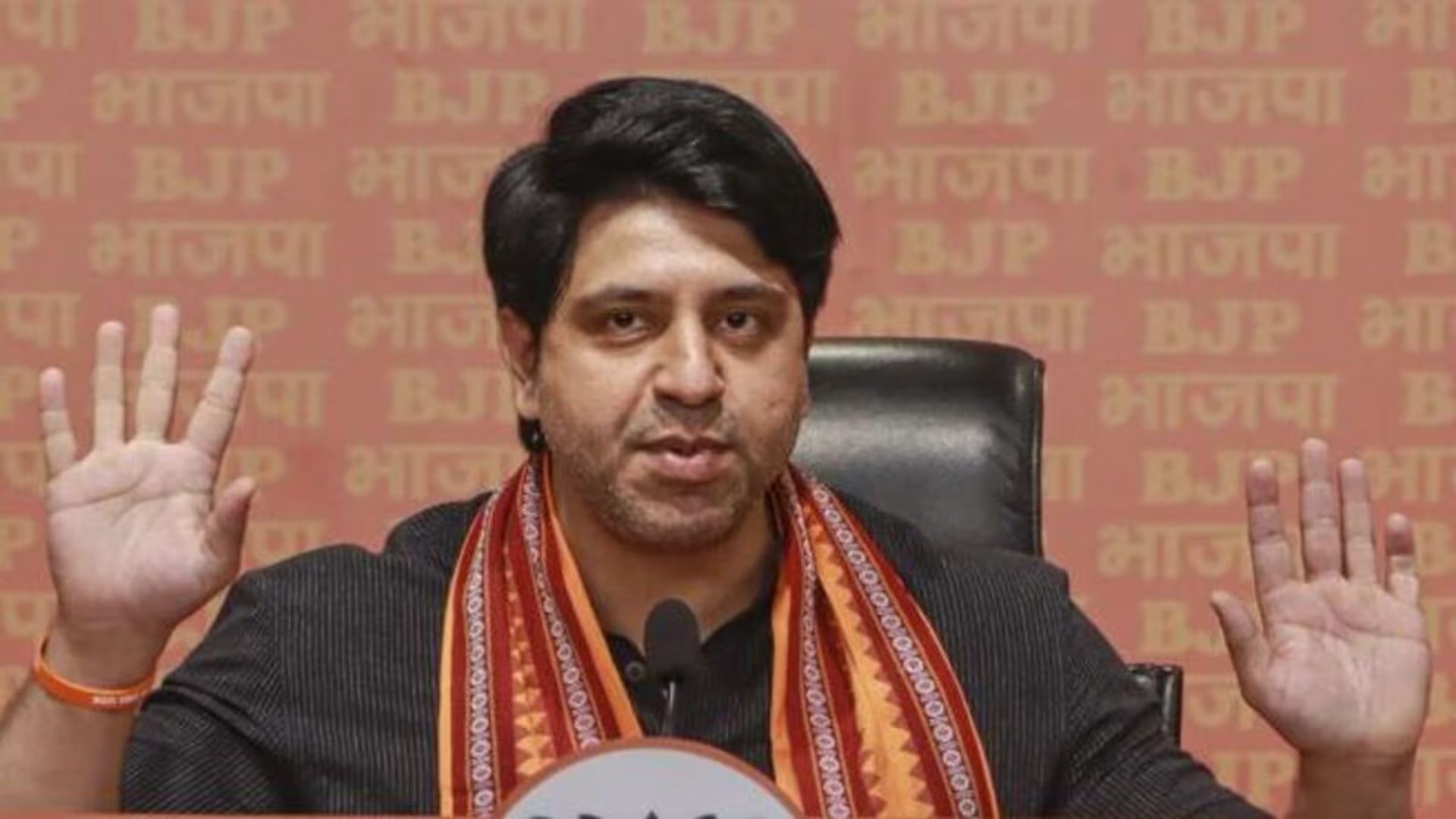
Delhi, India’s national capital, recently witnessed an unprecedented climatic event, it recorded a temperature of over 52 degrees Celsius, a new temperature record registered in the country. This has been an alarming development beyond mere numbers, proving how strongly human activities affect our ecosystem. This dire rise in temperature finds its direct source in our negligence toward ecological balance. Its implications are far-reaching and go way beyond only causing discomfort; they seriously affect the economy and public health.
The abnormal Delhi temperatures have been pointing to a more global trend of increasing temperatures in the wake of climate change, in which the global average temperature has risen by almost 1.2 degrees Celsius since the mid-1800s, the preindustrial era., According to reports from the India Meteorological Department, temperatures in the country have risen by about 0.7 degrees Celsius between 1901 and 2018. This increase is strongly associated with human activities, such as the burning of fossil fuels, deforestation, and industrial pollution. These activities have grossly escalated the concentration of greenhouse gases, leading to an upward, consistent rise in global temperatures. The problem is even worse with urban heat islands in cities like Delhi. Heat becomes trapped in the towns with concrete and asphalt topography, thus rendering urban areas 10-15 degrees Celsius warmer than their rural surroundings. Delhi was acutely trembling, and temperature anomalies reached an all-time high, causing immense distress.
High temperatures have profound economic implications. India has a very high dependence on the agriculture sector, which will be very vulnerable to increasing temperatures. The increasing temperatures may lead to a decline in the productivity of key crops like wheat and rice by around 10-40% by the year 2100., Elevated temperatures and erratic precipitation patterns interrupt the natural cycle of crop growth, resulting in loss of yields and seriously threatening the risk of food supply stability. Consequently, this might result in increased food prices and economic hardship, particularly for farmers, who are constantly under financial stress.
The healthcare sector is also under considerable pressure. The World Health Organization reports a significant rise in heat-related illnesses due to the heatwave. Heat stress is a significant factor responsible for fatalities connected to weather conditions and can worsen pre-existing conditions such as cardiovascular disease, diabetes, mental health issues, and respiratory illnesses. Additionally, it can heighten the likelihood of accidents and the spread of certain infectious diseases. The 2015 heatwave, which claimed over 2,500 lives, underscores the vulnerability of susceptible groups, including the elderly, children, and individuals with chronic illnesses, highlighting the urgent need for adaptive measures.
Rising temperatures also severely impact infrastructure. High temperatures warp roads, deform railway tracks, and increase electricity demand to power air conditioners, leading to frequent power outages in major cities. Every 1-degree Celsius increase in the average daily temperature above 24°C drives a 2% rise in electricity demand. These strain daily life and incur high repair and maintenance costs for governments and businesses.
Global efforts to address climate change must focus on mitigation measures, including reducing greenhouse gas emissions, promoting renewable energy sources, maximising energy efficiency, and adopting sustainable agricultural practices. Locally, the urban heat island effect can be mitigated by increasing green spaces, using reflective roofing materials, and implementing effective urban planning strategies. Individuals can significantly reduce their carbon footprint by supporting sustainable goods and policies and engaging in environmental activism. Only an informed and proactive citizenry can drive the necessary changes in policy and community practices.
The current heatwave in Delhi and its widespread consequences highlight the urgency of our situation. Our actions today will shape the future, both environmentally and economically. This record heatwave is a powerful reminder of the immediate necessity for action. It is time for individuals and communities to respond appropriately to the climate crisis and realign our future with the greenest and safest development path possible. In light of these enormous challenges, it is imperative that we must ask ourselves: What measures can we implement at present to guarantee a sustainable and prosperous future for our future generations?
Dr Neha Seth is Associate Professor at Symbiosis Institute of Business Management, Noida & Mr Saurabh Kathpalia is Certified Financial Planner, FPSB India, Co-founder – EA Capital and Finserv Pvt. Ltd., Noida















